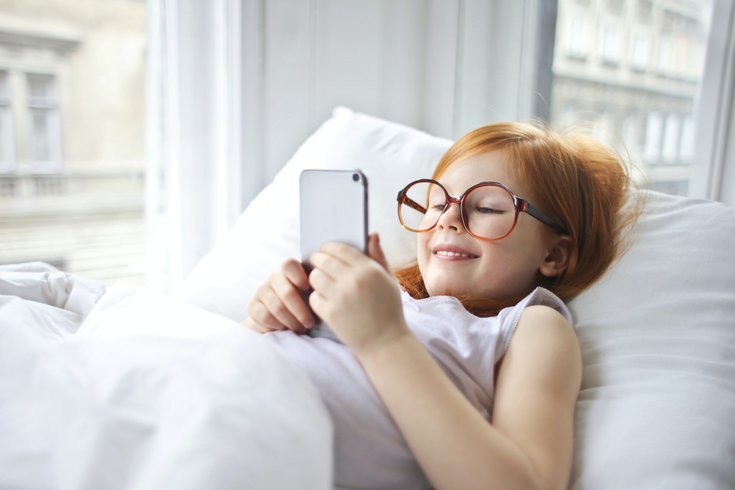
June 23, 2020
 Andrea Piacquadio/Pexels
Andrea Piacquadio/Pexels
Screen time in the hour before bedtime may cause some children to get less sleep, particularly children who have trouble self-regulating behavior, a new study finds.
Frequent media use in the hour prior to bedtime may be causing some children to get less sleep, according to Arizona State University researchers.
Children who have difficulties self-regulating behavior were the most impacted by bedtime media use in a study of 547 twin children ages 7-9.
"Among kids who used the same amount of media in the hour before bed, we found differences that were explained by a personality characteristic called effortful control," said senior author Leah Doane, an associate professor of psychology at Arizona State.
"Kids who score low on measures of effortful control are the ones who struggle to wait to unwrap a present or are easily distracted. We found a strong association between media use in the hour before bed and when these kids went to sleep and how long they slept."
The parents of the children involved in the study were asked to track the children's media use and sleep patterns in a daily journal. They also completed a survey on their child's temperament, including measures of effortful control.
Additional data was collected from specialized wrist watches the children wore during the study period. The watches, called actigraphs, track movement and ambient light.
On average, the children slept for 8 hours a night and used media before bed at least 5 nights during the study week. Children who didn't use media before bed slept 23 minutes longer and went to bed 34 minutes earlier than children who had more screen time before bed.
The children who scored low on the measures of effortful control slept the least amount after using media right before bed – approximately 40 minutes less per night. By contrast, children with high effortful control didn't seem to be affected at all by screen time before bed.
"Media exposure mattered for the children who measured lowest in effortful control," research scientist Sierra Clifford said.
Since effortful control is more of a personality characteristic, the researchers said it can be difficult to change. The best way a parent can help their child get more sleep is to create more consistent sleep and media use schedules.
Poor sleep patterns are known to impact both mental and physical health. The Mayo Clinic recommends children ages 6-13 get 9-11 hours of sleep each night. Teenagers need 8-10 hours and adults need 7-9 hours.
The study was published in the journal Psychological Science.